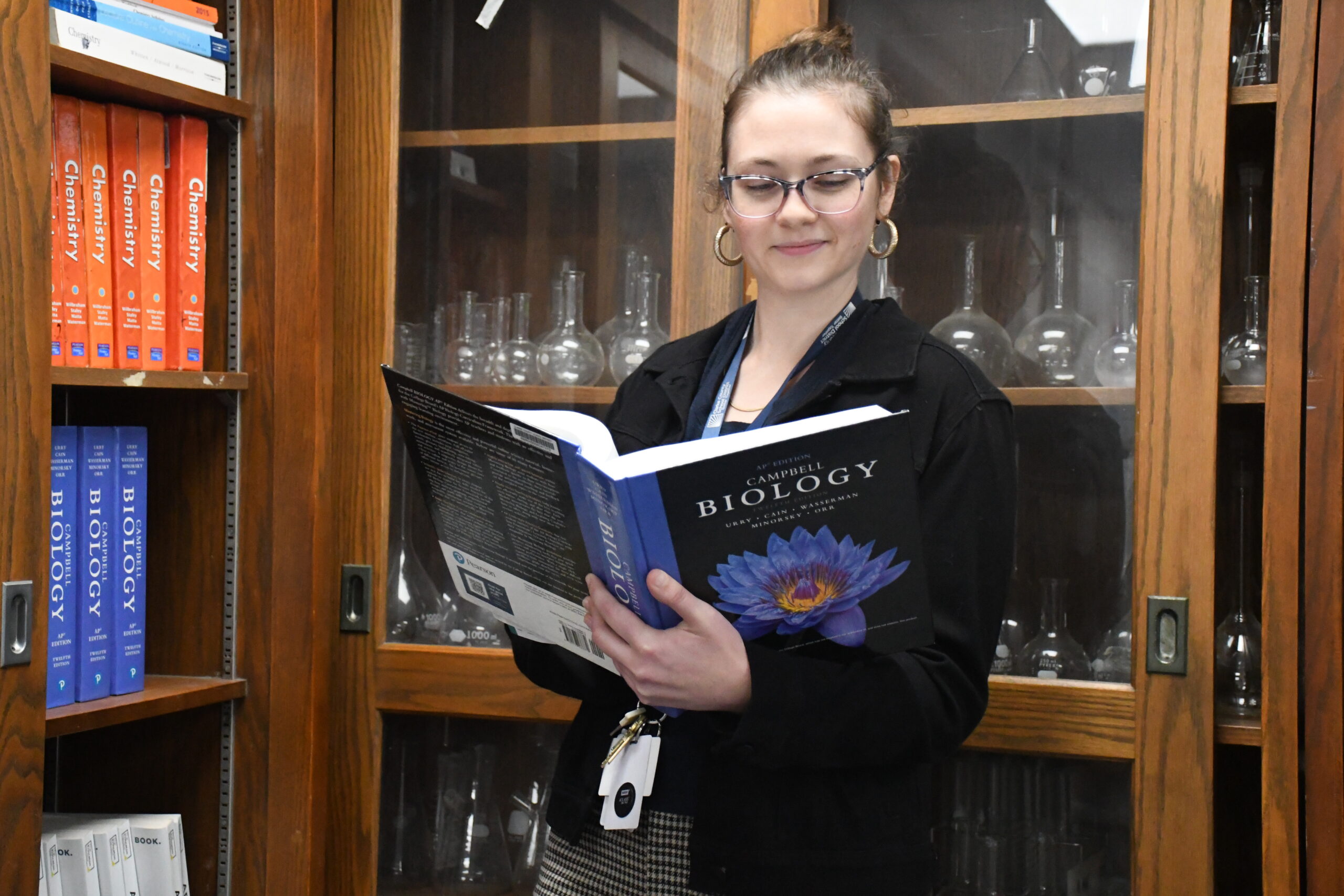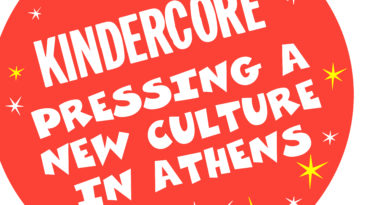
Tarleton’s Take on AP
Every morning, Astrid Tarleton props open the door to her Advanced Placement (AP) Biology class. The 2025-26 school year will be her second year teaching at Cedar Shoals High School, but her first year teaching AP Biology in addition to Chemistry. Before becoming a full time teacher, Tarleton student taught with chemistry teacher Jessica Colquitt.
“She’s grown tremendously in the last year going into year two of teaching,” Colquitt said.
Transitioning to teaching an AP class has been a new experience for Tarleton, but she’s thankful that chemistry and biology feed into one another.
“The difference between on level and AP is that the rigor is a lot more geared towards what you will see in college. For on level, you discuss the major topics of biology, but we’re not going into depth, where you’re having to incorporate a lot more of other sciences into it. I think with AP Biology, there are actually a lot of chemistry components in it,” Tarleton said.
She had a lot of educational involvement, such as many different schools and labs, gathering experience and knowledge along the way.
From training for the AP class, she recalls the rapport of the situation. The teacher for the class was very experienced, and there were only six or seven people present. It was an online course, and took place before the school year started.
“It felt very intimate. If anybody had a question, we could ask it right away. Other than that, it was refreshing on biology topics,” Tarleton said.
Leaving Athens, Georgia, Tarleton went to UNC Asheville for her first two years of undergrad, and then she moved back to Athens and finished out her undergrad at Georgia State. She then transferred to UGA and partook in the Double Dawgs program, which allows students to earn both a bachelor’s degree and a master’s degree in five years or less, letting them save time and money while positioning themselves for success after graduation. This was happening at the same time that she took undergrad classes, so as to double major.
Due to her master’s being in chemistry, she was required to complete lab work. In the beginning Tarleton worked in an organic chemistry lab under Samer Gozer, but did not like the lack of people and the seclusion of it, so she ended up switching and went into physical chemistry. She then worked in a lab under Maged Henary.
“I ended up getting my masters with the organic chemistry lab. I did my thesis, ended up publishing a paper through that and then I was graduating, and I realized that I didn’t know what I was going to do with my master’s in chemistry,” Tarleton said.
Afterwards, Tarleton ended up getting a fellowship at the Center for Disease Control, and worked there for two years. While there, she conducted research on tobacco products, such as vapes and cigarettes. During this time, the scandal of vaping was just emerging.
“It was not at all what I thought it was going to be. It was very secluded. You do a lot of things on your own. I didn’t really see the light of day, because the lab was just dark. I wasn’t getting that kind of personal connection that I wanted out of the job. I always thought I would go into education,” Tarleton said.
Tarleton moved to UGA to get her teacher certification, and because she looked at a couple teaching certification programs, Tarleton felt like UGA was the school that she really wanted to work with. Georgia state also had one, but Tarleton wanted to move away from Atlanta, so she then moved to Athens and did her practicum there, did her student teaching at Cedar, and then got hired by Cedar Shoals.
“She brought so much youth to chemistry,” Colquitt said about her experience with student teaching. “She really helped the chemistry department overall, with all of her ideas that she’s brought and new things and new ways of looking at stuff, that’s what I’m the most thankful for having her.”
Throughout Tarleton’s years at Cedar she has operated a very lenient, yet structured environment for her students. She keeps her students focused, while also letting them work at their own pace. She presents concepts in simple terms and then explains them in more detail, moves around the class while teaching, and gradually gives information in chunks rather than all at once. She also allows students to sit in chosen seats, rather than predetermined groups.
“She’s very thorough, she gives real life examples, and she helps whenever you don’t understand the material. She encourages you to ask questions,” junior AP Biology student Rosibel Barcenas said.
Tarleton likes to be very hands-on with the students. So far this year, she has facilitated multiple labs for them. Thus far, they have used microscopes to view different bacterias and have done an egg lab, where they explored the properties of osmosis.
“So far, we’ve learned cell communication, cells, their functions, how to tell them apart, and other stuff like that,” Barcenas said. “Because I’m already taking other honors and AP classes, it’s a bit more work, but it hasn’t affected my schedule, because I’ve already been taking AP and honors classes, so I’m already used to having more work than normal.”
In her class, Tarleton aims for students to have a conducive learning environment. Some of the ways that she implements this is by continuously checking in with students throughout the class period, making sure that they are on task and giving them the time they need to complete their work. This strategy works because it keeps the students actively involved.
“She asks questions about how it relates to real life examples, or how it would affect everything else in the system that we’re learning about,” Barcenas said. “I’m a very visual learner, so [her teaching style] helps me learn the most. Because if I just get something told to me, I’m not gonna process it. I don’t like when classes go really slow, because it’s hard for me to retain the material. I enjoy the faster pace.”
Though AP classes require high levels of dedication, Tarleton hopes to create an environment to help students thrive while working with these difficult subjects.
“Don’t be afraid to sign up for AP science. It’s gonna be fun. It’s gonna be a little chaotic, a little crazy, but it’s gonna be great,” Tarleton said.



